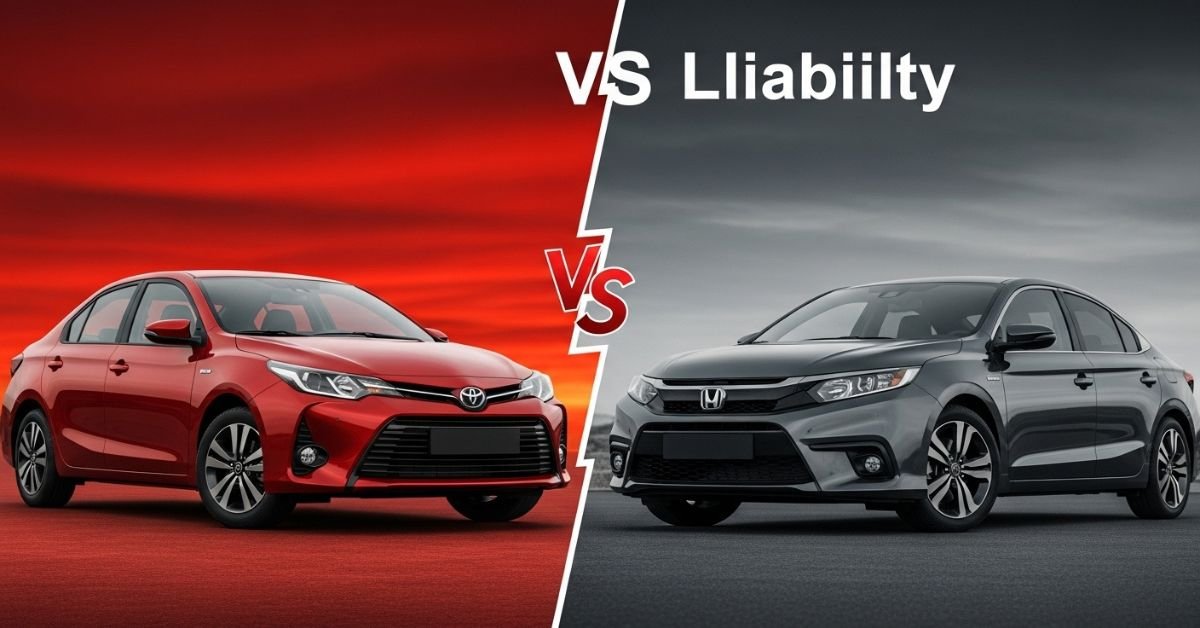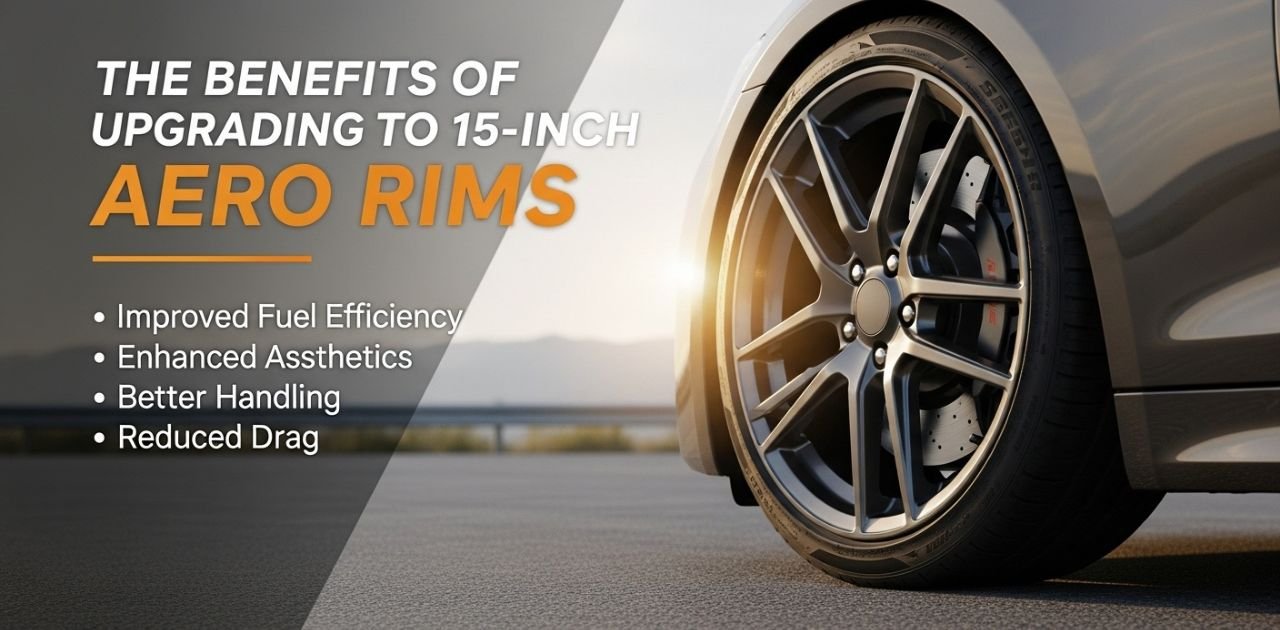Contents
- 1 Introduction to Hybrid Cars
- 2 How do Hybrid Cars Work?
- 3 Benefits of Owning a Hybrid Car
- 4 Popular Hybrid Car Models on the Market
- 5 Cost Comparison: Hybrid vs Traditional Gas Cars
- 6 Environmental Impact of Hybrid Cars
- 7 Tips for Maintaining and Maximizing Your Hybrid Car’s Efficiency
- 8 Considerations Before Switching to a Hybrid Car
- 9 Conclusion
Introduction to Hybrid Cars
Are you considering a change in your driving habits? With the growing awareness of environmental issues and rising fuel prices, many people are looking for alternatives to traditional gas-powered vehicles. Enter hybrid cars—an innovative blend of gasoline engines and electric power that promises efficiency without sacrificing performance. Whether you’re commuting to work or embarking on a weekend getaway, hybrid cars offer an exciting way to reduce your carbon footprint while enjoying modern technology. In this comprehensive guide, we’ll explore everything you need to know before making the switch to a hybrid vehicle. From how they work and their benefits, to popular models currently available, let’s dive into the world of hybrids together!
How do Hybrid Cars Work?
Hybrid cars blend two power sources: a gasoline engine and an electric motor. This combination allows for greater efficiency compared to traditional vehicles.
When you start driving, the electric motor often kicks in first. It uses energy stored in batteries, providing a smooth and quiet ride. As speed increases or more power is needed, the gasoline engine seamlessly takes over.
Regenerative braking is another clever feature. When you brake, it captures some of that kinetic energy and converts it back into electricity, recharging the battery while slowing down your car.
In stop-and-go traffic, hybrids shine since they can run solely on electric power at low speeds. This ability significantly reduces fuel consumption during city driving.
The system automatically manages the balance between both power sources based on various factors like acceleration and terrain. It’s designed to optimize performance while minimizing emissions throughout every journey.
Benefits of Owning a Hybrid Car
Owning a hybrid car comes with numerous advantages that go beyond just fuel efficiency. One of the standout benefits is cost savings on fuel. Hybrids can significantly reduce your trips to the gas station, helping you save money in the long run.
Additionally, many states offer tax incentives for driving eco-friendly vehicles. These financial breaks make it easier to justify the initial investment in a hybrid.
Hybrid cars also tend to have lower emissions compared to traditional gasoline vehicles. This reduction contributes positively to air quality and helps combat climate change.
Moreover, hybrids often feature advanced technology and safety options that enhance your driving experience. You’ll find impressive infotainment systems and driver assistance features designed for modern needs.
Owning a hybrid car showcases your commitment to sustainability. It’s an attractive option for environmentally conscious drivers looking to make a difference without sacrificing convenience or comfort.
Popular Hybrid Car Models on the Market
The hybrid car market has exploded with options that cater to every lifestyle. The Toyota Prius is arguably the poster child for hybrids, known for its reliability and fuel efficiency.
For those seeking a more stylish ride, the Honda Insight offers sleek lines combined with impressive technology features. It balances eco-friendliness with an engaging driving experience.
Families may find the Ford Escape Hybrid appealing. With ample space and modern amenities, it makes both daily commutes and road trips enjoyable.
Luxury enthusiasts might gravitate toward the Lexus RX 450h. This model showcases elegance while still providing excellent gas mileage.
Electric vehicle lovers can explore plug-in hybrids like the Mitsubishi Outlander PHEV. It’s versatile enough to function as a traditional hybrid or run solely on electric power when needed. Each of these models shows how diverse and accessible hybrid vehicles have become today.
Cost Comparison: Hybrid vs Traditional Gas Cars
When considering a new vehicle, the cost of ownership plays a critical role. Hybrid cars often have a higher upfront price compared to traditional gas vehicles. This premium reflects advanced technology and engineering.
However, the initial investment can be offset over time. Hybrids typically offer better fuel efficiency, leading to reduced fuel expenses. In many cases, owners report significant savings at the pump due to their ability to switch between electric and gasoline power.
Additionally, maintenance costs can differ between hybrid and conventional models. While hybrids may require specialized services for their batteries and electrical systems, they generally experience less wear on braking components thanks to regenerative braking technology.
Tax incentives are another factor worth considering. Many governments provide rebates or tax credits for purchasing hybrid vehicles, further narrowing the gap in overall costs between these two types of cars.
Environmental Impact of Hybrid Cars
Hybrid cars play a significant role in reducing greenhouse gas emissions. By combining an electric motor with a gasoline engine, they consume less fuel compared to traditional vehicles.
This efficiency means fewer pollutants are released into the atmosphere. As cities grapple with air quality issues, hybrids can help improve urban environments.
Furthermore, many hybrid models utilize regenerative braking systems. This technology captures energy usually lost during braking and uses it to recharge the battery, enhancing overall efficiency.
The production of hybrid vehicles involves environmental considerations too. Battery manufacturing can have its own footprint, but advancements are being made for more sustainable practices.
Choosing a hybrid car not only benefits individual drivers but contributes to collective efforts against climate change. It’s about embracing cleaner alternatives and making smarter choices for our planet’s future.
Tips for Maintaining and Maximizing Your Hybrid Car’s Efficiency
Maintaining your hybrid car is crucial for maximizing its efficiency. Regularly check tire pressure; under-inflated tires can decrease fuel economy.
Keep your vehicle clean, both inside and out. A clean engine runs better, while a streamlined exterior reduces drag.
Pay attention to the battery health. Schedule routine inspections to ensure it’s functioning properly and performing optimally.
Adopt smooth driving habits. Rapid acceleration or hard braking can drain the battery quickly and reduce overall efficiency.
Utilize regenerative braking when possible. This feature harnesses energy during deceleration, extending your electric range.
Also, consider using eco-driving mode available in many hybrids for enhanced fuel savings on longer trips.
Maintain regular oil changes as recommended by the manufacturer to keep all systems running smoothly.
Considerations Before Switching to a Hybrid Car
Before making the leap to a hybrid car, think about your driving habits. Do you spend most of your time in stop-and-go traffic? Hybrids excel here, as they are designed to maximize efficiency during short trips and city driving.
Next, consider the availability of charging stations. While hybrids don’t require frequent charging like fully electric vehicles, knowing where you can recharge is still beneficial for plug-in hybrids.
Your budget plays a significant role too. Hybrid cars often come with a higher upfront cost compared to traditional gas models. However, potential savings on fuel and tax incentives may offset this expense over time.
Research the specific model’s reliability ratings and maintenance costs. Some hybrids have proven track records while others may require more attention or upkeep than expected. Being informed will help ensure that your transition is smooth and satisfying.
Also Read: Bike Pooling vs Carpooling: The Faster and More Flexible Way to Commute
Conclusion
Making the switch to a hybrid car can be an exciting decision. With their unique blend of technology and efficiency, hybrid cars offer drivers a chance to embrace sustainable driving without sacrificing performance. By understanding how they operate, the benefits they provide, and considering your personal needs, you can make an informed choice.
As you weigh your options, remember that each model on the market has its own strengths. Researching popular models will help narrow down what suits your lifestyle best. Additionally, evaluating cost differences between hybrids and traditional gas vehicles is crucial for budgeting effectively.
Think about environmental impacts too; choosing a hybrid often means reducing emissions and contributing positively to our planet’s health. Maintenance tips are also valuable knowledge for keeping your vehicle running smoothly while maximizing fuel efficiency.
If you’re contemplating this change in direction for your next vehicle purchase or lease, consider all these factors diligently before making any commitments. The shift towards more eco-friendly transportation is not just beneficial for you but also plays a part in shaping a greener future.




